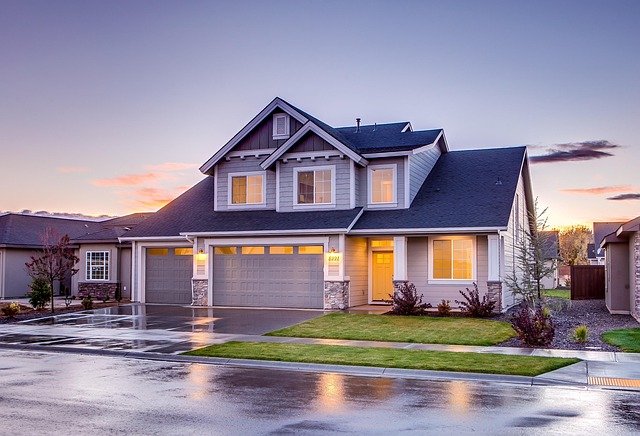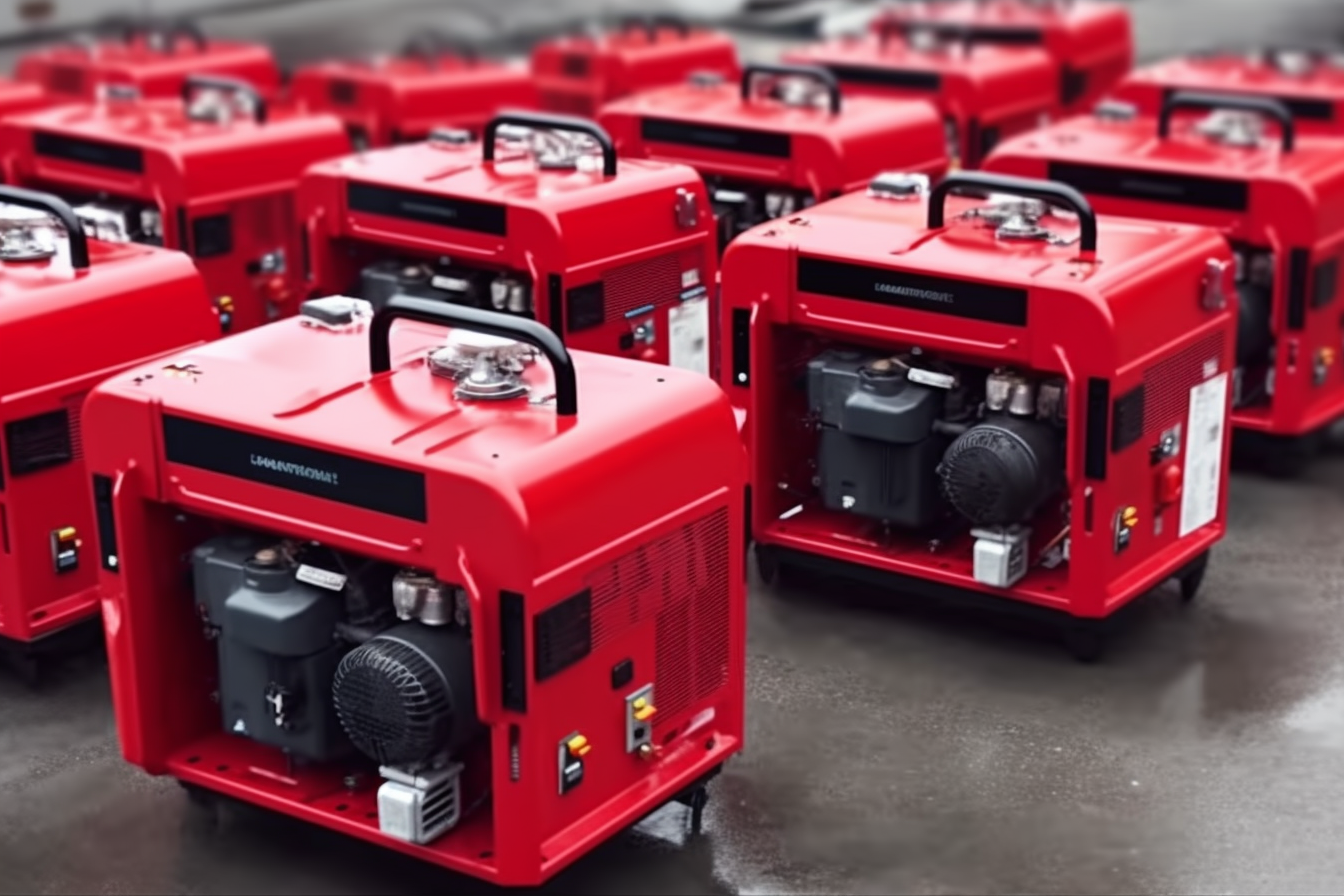Modular Homes for Sale — How to Save Time and Money on Your New Home
Are you looking for an efficient and cost-effective way to build your dream home? Modular homes might be the perfect solution. These innovative structures offer a unique blend of quality, affordability, and convenience that traditional site-built homes often struggle to match. In this article, we'll explore the world of modular homes, their benefits, and how you can find the perfect one for your needs.

What exactly are modular homes?
Modular homes are pre-fabricated houses that are built in sections (or modules) in a factory setting. These modules are then transported to the building site and assembled on a permanent foundation. Unlike mobile homes, modular homes are designed to stay in one location and are built to the same local building codes as traditional site-built homes. They offer the same structural integrity and durability as conventional houses but with added benefits of efficiency and cost-effectiveness.
How do modular homes differ from traditional houses?
The main difference between modular and traditional homes lies in the construction process. While traditional homes are built entirely on-site, modular homes are largely constructed in a controlled factory environment. This indoor construction allows for better quality control, reduced waste, and faster building times. Once the modules are complete, they’re transported to the site and assembled, often in a matter of days or weeks, rather than months.
What are the key benefits of choosing a modular home?
Modular homes offer several advantages over traditional construction methods:
-
Faster construction: The factory-based building process is not affected by weather delays, allowing for quicker completion times.
-
Cost-effectiveness: Streamlined production and bulk material purchases often result in lower overall costs.
-
Quality control: Indoor construction allows for stricter quality checks and consistent standards.
-
Energy efficiency: Many modular homes are designed with energy-saving features, leading to lower utility bills.
-
Customization: Contrary to popular belief, modular homes can be highly customized to suit individual preferences.
How much can you save with a modular home?
While costs can vary depending on location, size, and customization, modular homes generally offer significant savings compared to traditional construction. On average, homeowners can expect to save between 10% to 20% on the overall cost of their new home. This savings comes from reduced labor costs, bulk material purchases, and a more efficient building process.
Here’s a comparison of average costs for a 2,000 square foot home:
| Home Type | Average Cost Range | Estimated Build Time |
|---|---|---|
| Modular Home | £150,000 - £250,000 | 3-4 months |
| Traditional Home | £200,000 - £300,000 | 6-12 months |
Prices, rates, or cost estimates mentioned in this article are based on the latest available information but may change over time. Independent research is advised before making financial decisions.
What should you consider when looking for modular homes for sale?
When searching for modular homes, keep these factors in mind:
-
Local zoning laws and building codes
-
Available customization options
-
Energy efficiency ratings
-
Manufacturer’s reputation and warranty
-
Transportation and assembly costs
-
Financing options (as some lenders may have specific requirements for modular homes)
In the UK, modular construction is gaining popularity as a solution to the housing shortage. The government has shown support for modern methods of construction, including modular homes, as part of its strategy to increase housing supply and improve sustainability in the building sector.
How can you find reputable modular home manufacturers?
To find reliable modular home manufacturers in the UK, consider the following steps:
-
Research online and read customer reviews
-
Check industry associations like the Modular and Portable Building Association (MPBA)
-
Visit show homes or manufacturing facilities
-
Attend housing exhibitions and trade shows
-
Consult with local estate agents who may have experience with modular homes
Here’s a comparison of some notable modular home manufacturers in the UK:
| Manufacturer | Specialties | Key Features |
|---|---|---|
| Ilke Homes | Affordable housing | Sustainable materials, energy-efficient designs |
| Legal & General Modular Homes | Family homes | High-quality finishes, customizable layouts |
| TopHat | Urban developments | Smart home technology, modern aesthetics |
| Project Etopia | Eco-homes | Zero-carbon designs, integrated solar panels |
In conclusion, modular homes offer an exciting alternative to traditional construction, providing a balance of quality, affordability, and efficiency. By understanding the benefits and considerations of modular homes, you can make an informed decision about whether this innovative housing solution is right for you. With careful research and planning, you could be on your way to owning a custom-built, energy-efficient home in a fraction of the time and cost of conventional construction methods.




